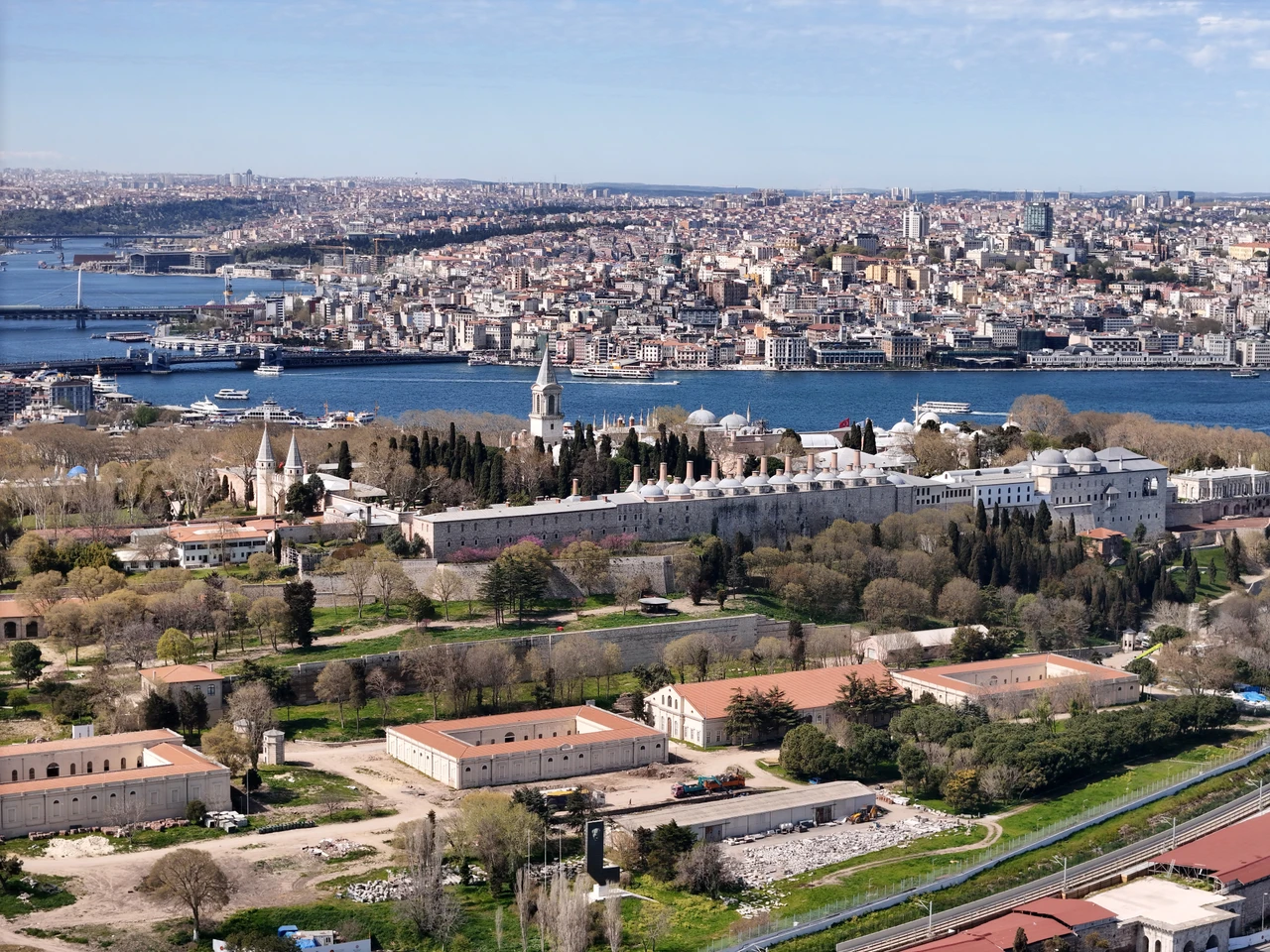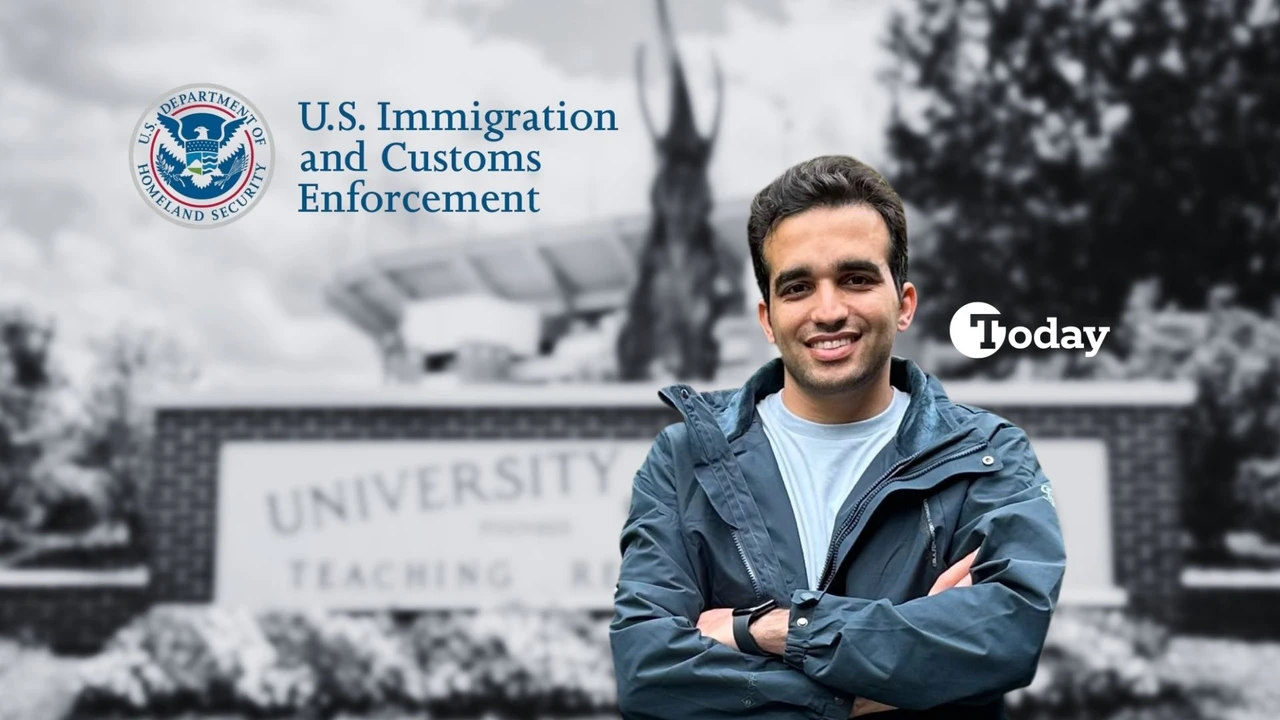Main opposition’s mindset and its limits of tolerance
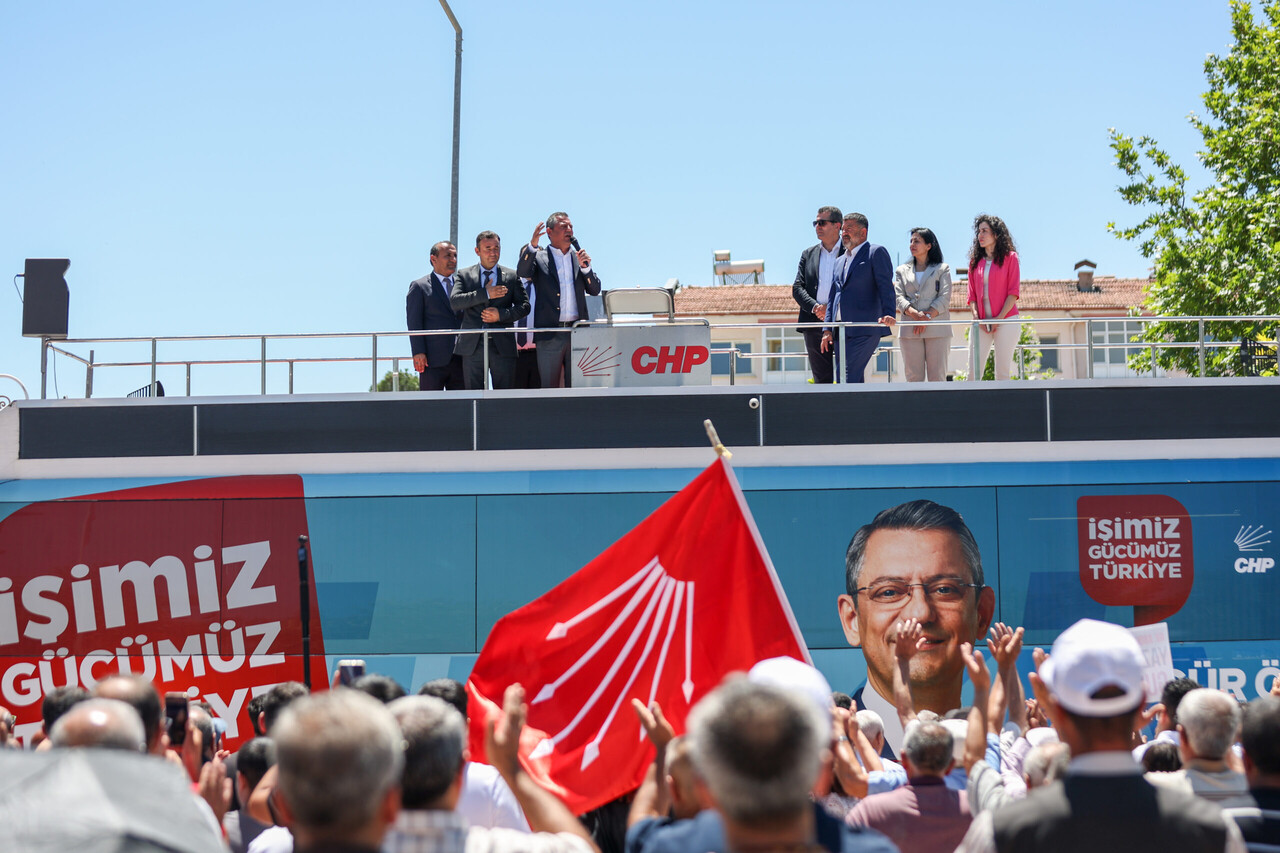 CHP Chairman Ozgur Ozel made a speech to the citizens waiting in front of Malatya Yazıhan Municipality, Malatya, Türkiye, June 22, 2024. (AA Photo)
CHP Chairman Ozgur Ozel made a speech to the citizens waiting in front of Malatya Yazıhan Municipality, Malatya, Türkiye, June 22, 2024. (AA Photo)
The main opposition, the Republican People’s Party (CHP), continues to stand as Türkiye’s main opposition force. Yet its approach to political alliances, public identity and internal criticism exposes a persistent rigidity, one that reflects a narrow and often exclusionary mindset. Though it speaks of pluralism and democratic ideals, in practice, the CHP seems to accept only those who mirror its cultural posture and political language without any respect for anybody’s freedom of thought and speech.
This contradiction becomes obvious when individuals from different backgrounds, particularly religious or conservative traditions, step into opposition politics. At first, they may be embraced as long as they play a supporting role and adopt the CHP’s priorities. But the moment they voice a different perspective or criticize the opposition’s direction, they are cast aside and accused of undermining the cause. Their presence becomes a liability rather than a contribution.
It’s not just about political disagreement. The issue runs deeper. The CHP, and many in its ecosystem, have difficulty engaging with visible religious identity in public life. They will tolerate it only when it is kept behind closed doors. Once it enters the public space, as we see in all modern societies, especially in policy discussions around education, culture, or justice, it’s treated as a threat. Religious belief, no matter how peacefully expressed, is often reduced to a political symbol. If it does not serve the CHP’s goals, it is swiftly labeled as regressive.
That view ignores a central truth about Türkiye: Its society is complex, layered, and diverse. Millions of citizens carry both traditional and modern values. They are neither bound to the ruling party nor drawn to an opposition that demands they abandon who they are just to be accepted. If Türkiye’s opposition is to be more than a social club, it must learn to speak to this broader reality.
When opposition becomes obsession
The CHP’s greatest weakness, however, may lie in how it defines itself. For many within the party’s culture, opposition is not about proposing better solutions or engaging in public debate. It’s about one thing for some decades: rejecting President Recep Tayyip Erdogan, fully and without nuance.
This single-minded approach allows little room for alternative views. If someone dares to say “yes, but” or critiques both the government and the opposition, they are often branded as unreliable or accused of siding with power. This kind of rigidity weakens the opposition’s credibility. It shrinks the space for independent thought and leaves no platform for constructive dissent.
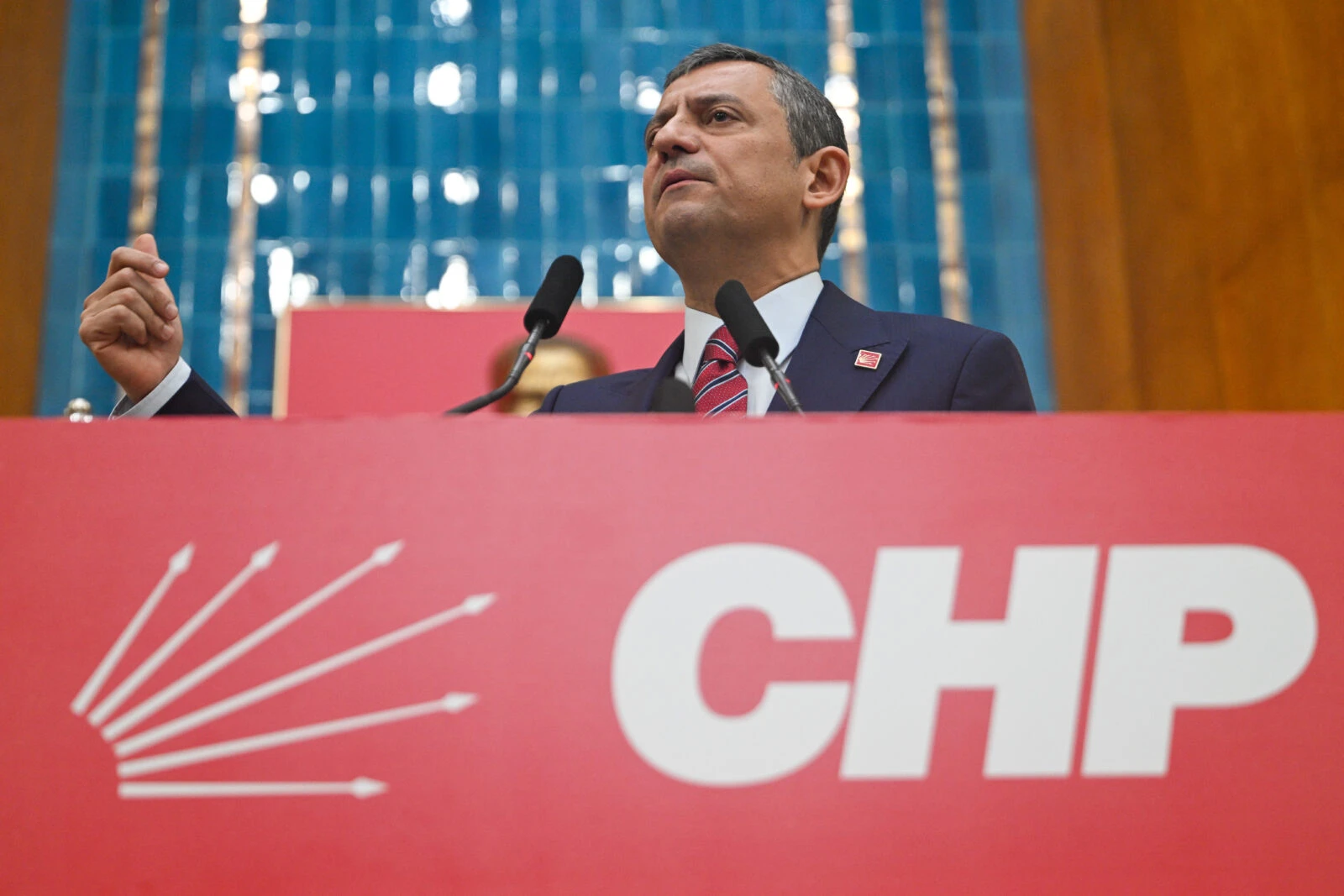
In some corners, this rejectionism goes even further. A vocal minority within the CHP-aligned discourse appears not just uncomfortable with President Erdogan but with the presence of religion in public life altogether. They dress their discomfort in intellectual language, using terms like “political Islam” or “religious populism”. But the tone often reveals something else: a deeper anxiety about public expressions of faith. These voices don’t speak for everyone, but they’re rarely challenged by party leaders.
At times, the behavior goes beyond domestic politics. Some figures close to the CHP have taken their grievances abroad, visiting foreign actors not to advocate for Türkiye’s interests but to complain about their own country. This action—which has become a party practice and habit for some time and portrays Türkiye as a problem in need of outside correction—is deeply flawed, not just shortsighted. It also damages the nation’s standing as it tries to build influence on the global stage.
While Türkiye focuses on regional diplomacy, energy security, and international trade, parts of its opposition seem busy knocking on foreign doors with complaints. What do they hope to gain: sympathy, sanctions, or scolding? At a time when Türkiye is finding its footing as a sovereign voice in global affairs, such behavior feels not only out of step but out of touch.
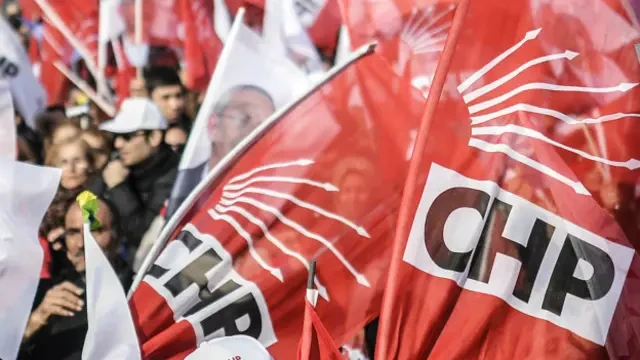
Back home, troubling patterns continue. Local protests in cities governed by the CHP have become more frequent and suspicious. Crowds gather not through natural civic reaction but through organized calls connected to municipal structures. There is a pattern: the districts where tensions erupt often happen to be CHP-run. Public unrest, framed as spontaneous, appears choreographed.
It also comes at a time of serious corruption allegations in several municipalities. These aren’t small issues. We’re talking about millions of lira in public funds and questionable administrative conduct. Instead of allowing the legal process to unfold, the CHP rallies behind accused figures and calls supporters to the streets. The recent case of a mayor under investigation for both diploma fraud and financial misconduct is a case in point. Rather than urging accountability, the party leadership defended him with theatrical outrage—turning a legal matter into a political drama.
This isn’t the first time Türkiye is witnessing this. In 1989, the Social Democratic Populist Party (SHP), a political transition period ancestor of today’s CHP, won Istanbul and other major cities. But a scandal in Istanbul Water and Sewerage Authority (ISKI) soon followed, revealing deep municipal corruption. Public disappointment turned into anger, and in 1994, the city voted in new leadership. It was that moment, that political vacuum, that brought Erdogan to the mayor’s office.
History may not repeat itself, but it does whisper warnings.
Today, the public sees a repeat of that betrayal: expectations of service turn into a financial scandal, and peaceful streets replace staged chaos. Police officers are injured, city centers resemble war zones, and citizens wonder whether their local taxes fund public needs or political mobilization.
Responsibility is the test of leadership
The CHP’s troubles are not just about ideology. They’re about attitude. A party that claims to stand for justice must not shield its officials from accountability. A party that calls for inclusion must not exclude everyone who thinks differently. And a party that wants to lead a country must first show it can run a city, without turning it into a platform for outrage.
This contradiction becomes even more striking when one considers the CHP’s membership in the Socialist International. While the party aligns itself with this global organization, the one committed to democracy, social justice, and human rights, the CHP’s daily political behavior often falls short of these values. The intolerance toward both intra-party and domestic criticism, the marginalization of differing worldviews, and the instrumental use of democratic language only when convenient, all raise serious questions about its consistency with the very principles it claims to uphold on the international stage. Membership in such institutions should bring with it a higher standard not just in words but in conduct.
There is also the question of public funding. The CHP receives state funding under the conditions set by the Turkish Constitution and the Political Parties Law of Türkiye, just as any party that meets those legal requirements is entitled to. Yet, some of its affiliates spend those resources on daily provocations that stretch law enforcement thin and put pressure on the economy. They drive fear into communities, damage investor confidence, and push people further into uncertainty.
If their aim is to govern Türkiye, they must start by respecting the country and all the values of the people.
A leadership means the ability to offer vision, to manage difference and to unite people under more than just a few slogans. Türkiye is not the same country it was 20 years ago. Its people are more aware and more tired of being caught between anger and denial. They are watching, not just listening.
And they know it’s not enough to preach democracy while covering up issues on their side.
About the author: Yildiz Gumus is a researcher and freelance writer with a focus on politics and international relations.
